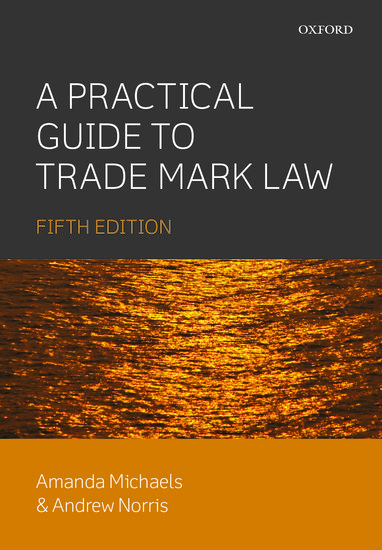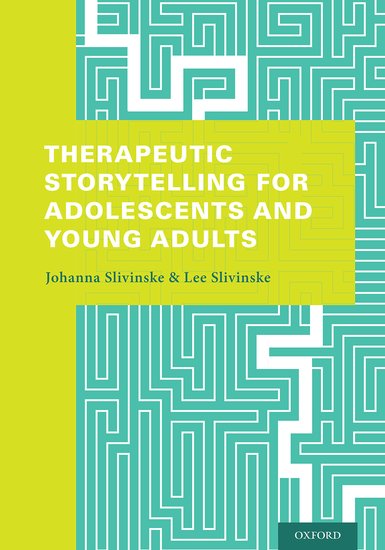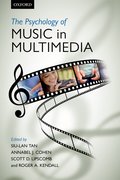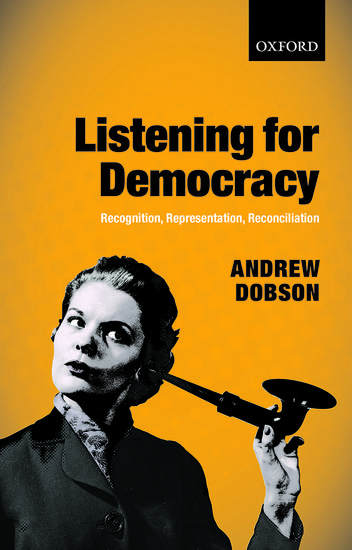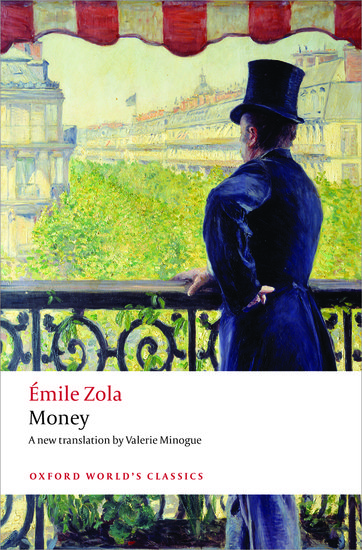The continuing threat of nuclear weapons
By Barry S. Levy and Victor W. Sidel
Out of sight. Out of mind. Nine countries, mainly the United States and Russia, possess 17,000 nuclear weapons, many of which are hundreds of times more powerful than the atomic bombs dropped over Hiroshima and Nagasaki almost 70 years ago.








